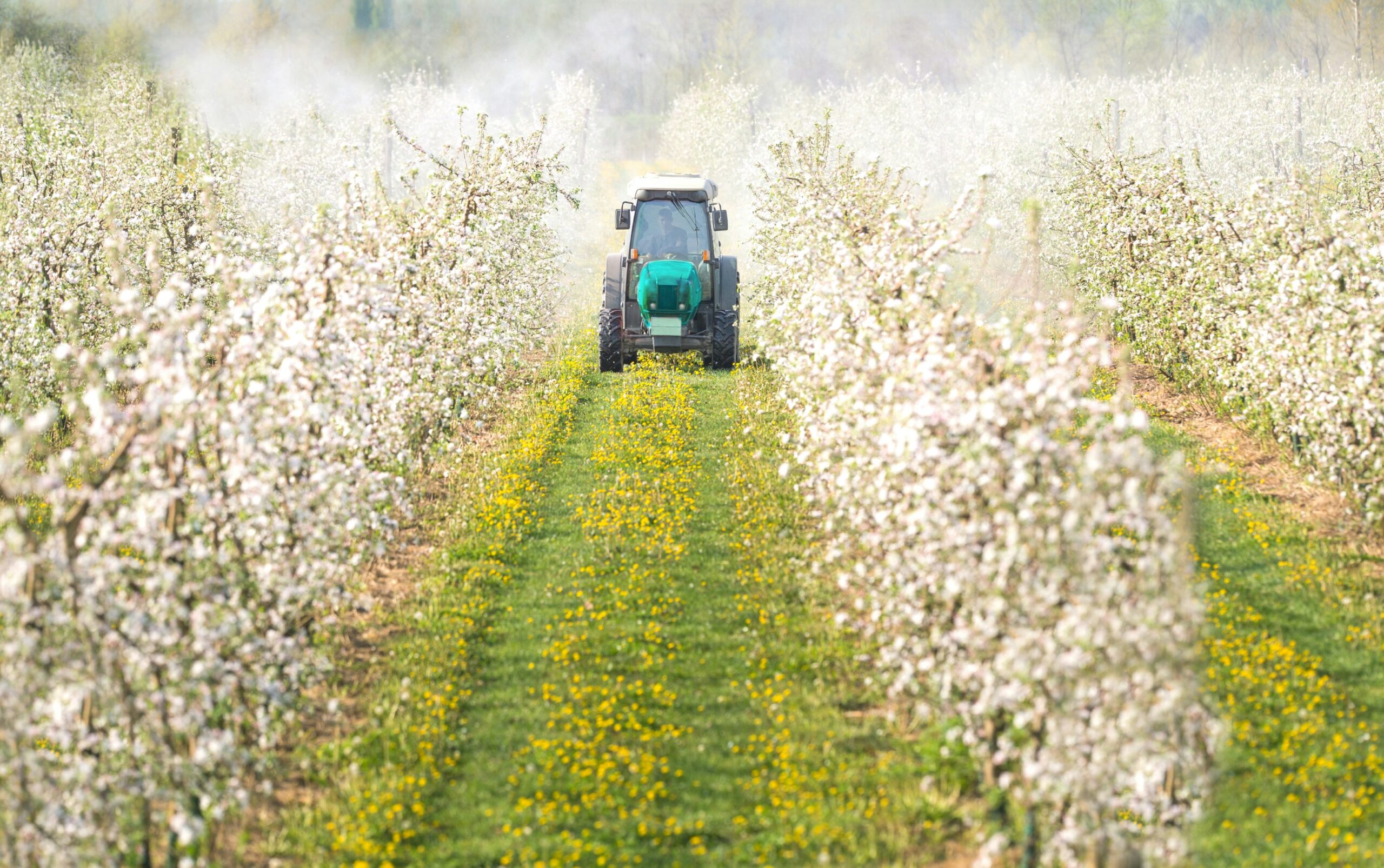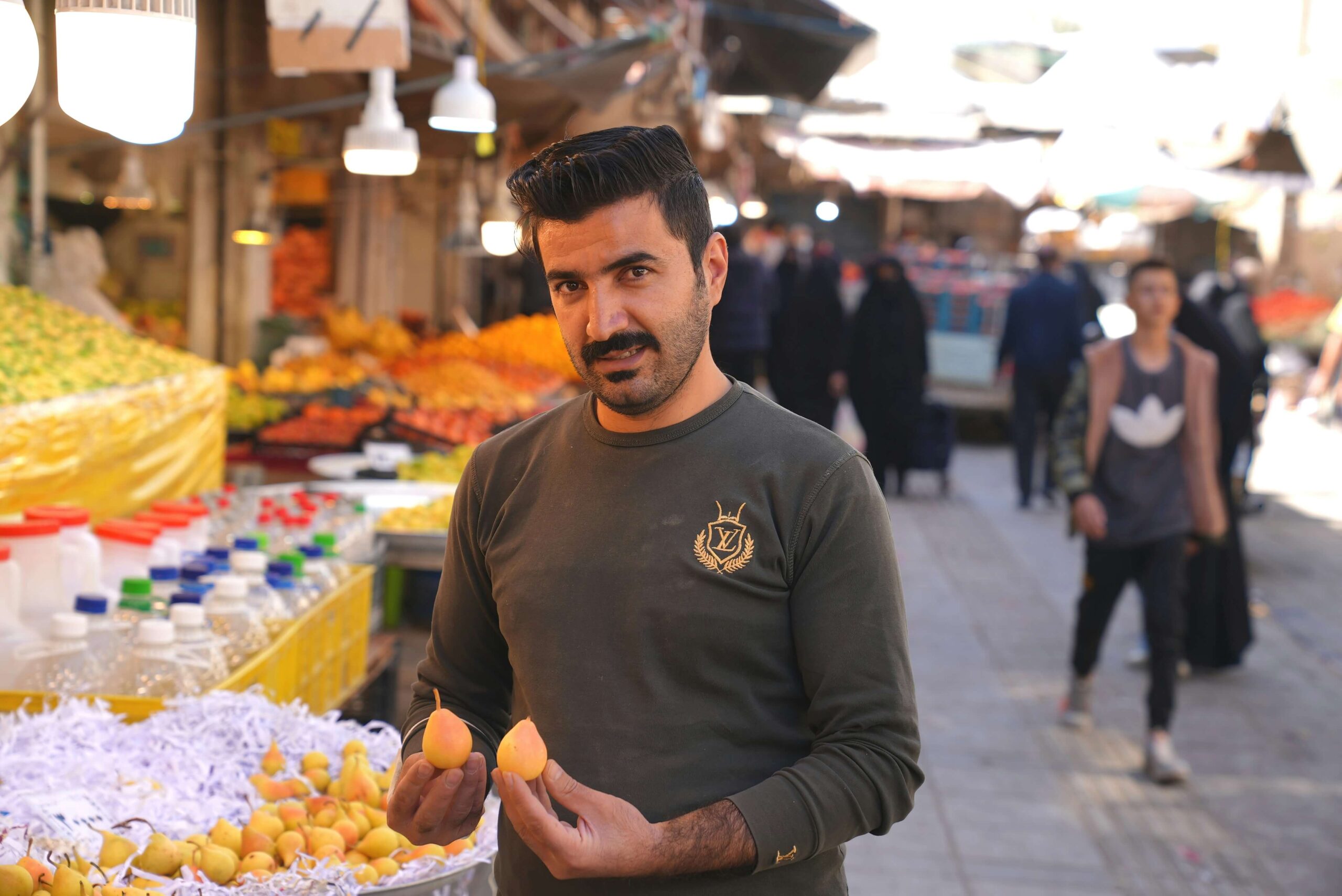Syria’s investment and business development landscape is one of a kind for those looking to penetrate new and less explored markets. Its economy is historically diverse with a rich agricultural output, valuable natural resources, and skilled labor. Understanding Syria’s core industrial activities, exports, and trading activities to entrepreneurs, SMEs and corporations is crucial, as the regional trade flows are anticipated to resume and the economic activities are expected to increase.
Who is Syria’s Biggest Trade Partner?
Some of the most relevant and active trade partners with Syria include the United Arab Emirates (UAE), Russia, China, Lebanon and Jordan. Trade patterns differ by industry, with agricultural exports often going to neighbouring Arab countries. Machinery, electronics, and consumer goods are imported from Asia and Europe. Syria is actively pursuing more comprehensive trade agreements and trying to secure foreign investment in logistics and trade infrastructure.
What is Syria’s Greatest Export?
Some of the key exports are:
- Petroleum and oil products
- Agricultural products like cotton, fruits, olives, and vegetables
- Textiles and leather
- Phosphates
Although oil has historically been Syria’s most valuable export, the agricultural sector has been increasingly growing in value, particularly food and cotton products. The textile industry concentrated in Aleppo and Damascus also contributes significantly to regional trade.
Investment Opportunities in Syria
In Syria, one could explore different investment opportunities in agriculture, manufacturing, energy, infrastructure, and a wide range of services. With fertile land, abundant natural resources, and a skilled labor force, the country holds promise for agribusiness, food processing, textiles, and construction industries. The government tries to attract foreign investment with the Syrian Investment Agency by providing tax exemptions and free trade zone access. In the long term, other sectors such as renewable energy, telecommunications, and transportation are also appealing as the country seeks to revitalise its economy.
What Is Syria’s Main Industry?
The sectors of agriculture, manufacturing, mining, and services are considered the primary components of the economy. The economy is relatively well balanced and therefore presents multiple opportunities for investors.
The Agriculture Sector
With its rich farmland and Mediterranean climate, Syria is famous for having fertile soil. Therefore, the agricultural sector has remained an important contributor to the economy, generating between 17-21% of the GDP. This sector also provides employment opportunities to a large portion of Syrians. Furthermore, it supports the growth of the following crops:
- Wheat and barley
- Cotton
- Olives and olive oil
- Fruits and vegetables (Citrus, grapes, apples)
- Sugar beets and tobacco
Manufacturing and Industry
There are industrial zones and free economic areas for setting up business operations where manufacturers can take advantage of low labor costs as well as access to raw materials.
The following are parts of Syria’s industrial base:
- Textile and garment production.
- Food and beverage processing.
- Pharmaceuticals.
- Cement and construction materials.
- Plastics and chemical products.
Mining and Energy
Natural resources like phosphates, asphalt, and crude oil are essential for the industries and contribute significantly to the country’s economy. The phosphate mining industry is particularly notable for its potential in export and domestic use.
Services
Some branches of the services sector include banking, transportation, telecommunications, and tourism related activities. With the growth of infrastructure and commercial activity, they provide new opportunities for service providers, technology companies, and financial institutions.
Syria Tourism Industry
Some of the world’s most historic cities lie in Syria such as: Palmyra, The old city of Damascus and the historic centre of Aleppo which are UNESCO World Heritage sites. Due to the rich culture of Syria along with its breathtaking Mediterranean coast lines and desert ruins, the country serves for both cultural and historical tourism. There is hope of reviving and improving the battered tourism industry through small boutique hotels, guided tours, and heritage preservation projects as infrastructure continues to improve.
Who Owns Oil in Syria?
Today, the oil industry in Syria falls under the control of the Ministry of Oil and Mineral Resources as well as the Syrian Petroleum Company. Major oil-producing regions include Deir ez-Zor and Al-Hasakah, where Syria has historically collaborated with international energy companies through joint ventures. Although production is well below peak levels, there are ongoing efforts to modernise obsolete equipment and restore oil fields, as well as expand refinery capacity in some regions.
How is the Labor Market in Syria?
Syria has a qualified and economically competitive workforce in agriculture, construction, and manufacturing. Many have skills in the textile industry, engineering, and food processing. With low labor costs and a dedicated workforce, investors can take advantage of government-funded training programs.



